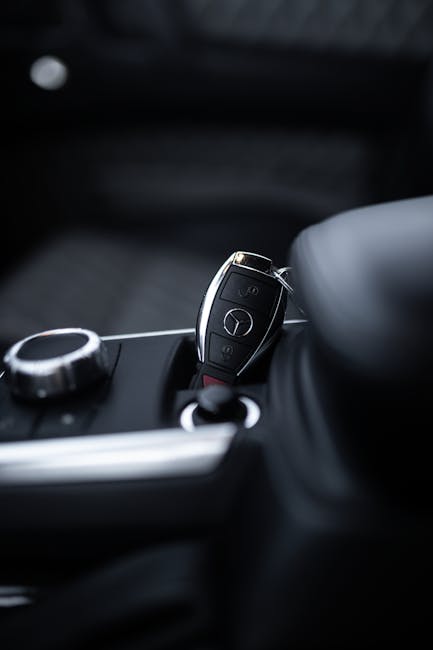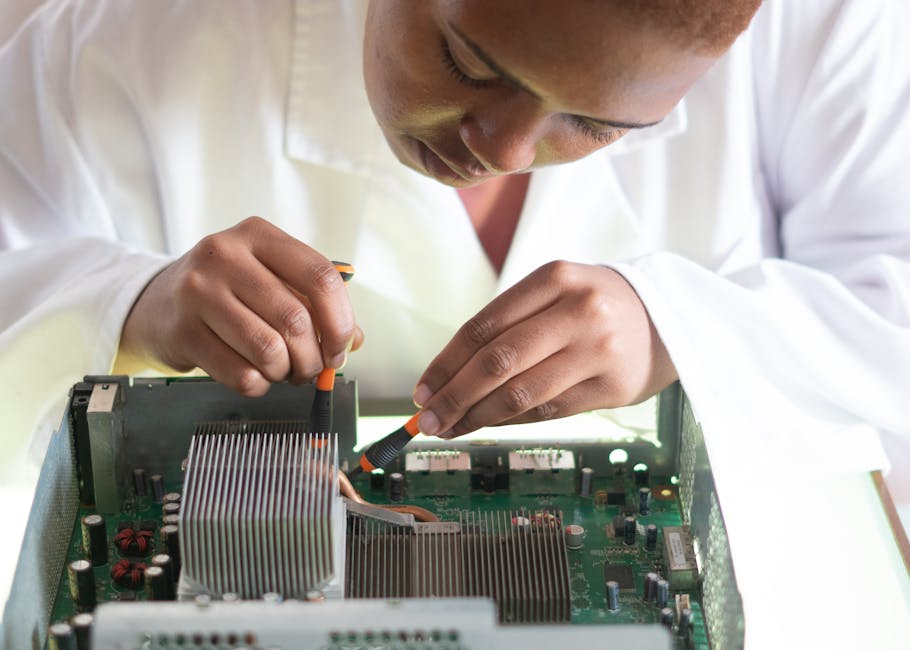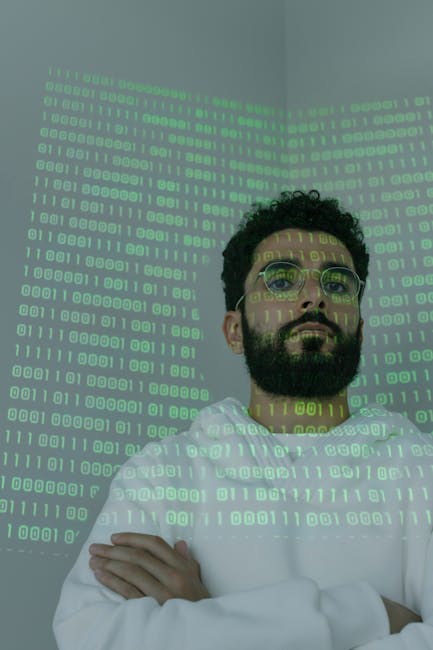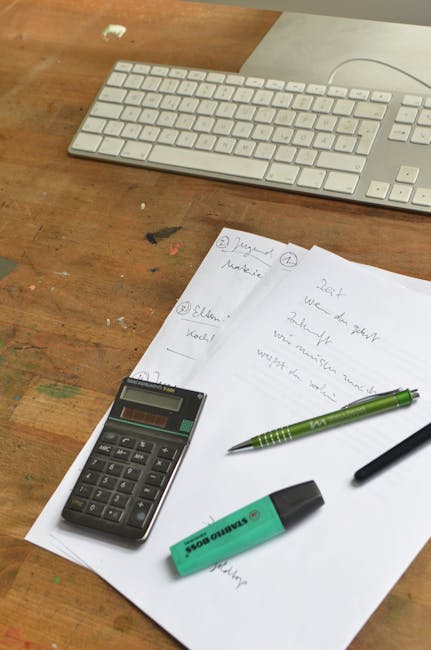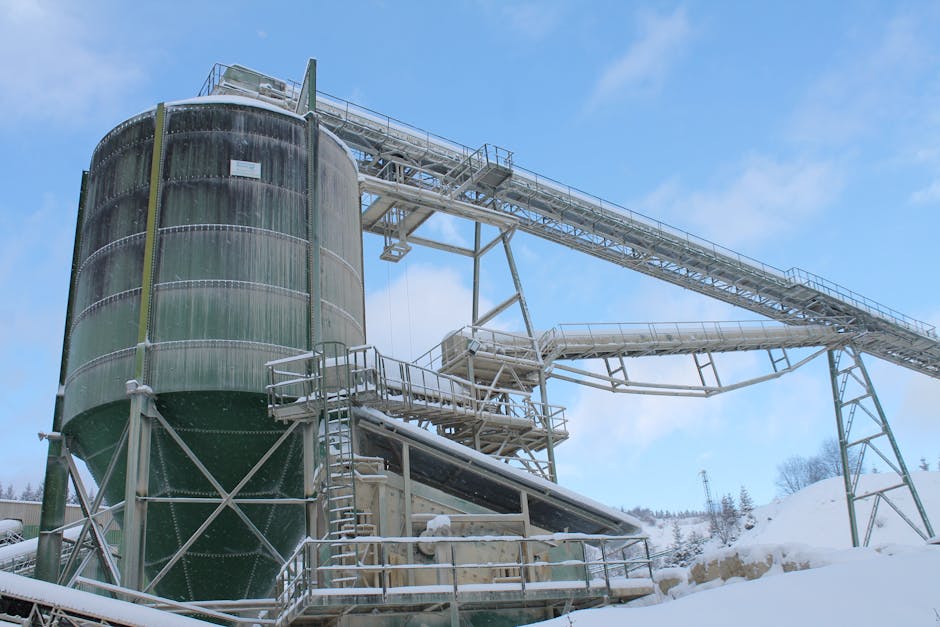Unlock encrypted content
Please enter your SSCE key to initiate on-the-fly decryption.
Decryption key: (Click cancel if you don't have the key)
Copied link to clipboard.
This feature is unavailable for free accounts. Upgrade now and enjoy all Premium benefits.
Go Premium!
This feature is unavailable for free accounts. Upgrade now and enjoy all Premium benefits.
Go Premium!
Please open this page in browser ( Google Chrome or Safari ) to use this feature.
Open In Browser
Futuristic Societies: Exploring the Role of Technology in 2030 and Beyond.
Random related video for this blog.
Copied share link to clipboard.
In the rapidly evolving landscape of technology, the year 2030 is set to witness significant advancements that will shape futuristic societies. Emerging technologies such as Lidar, Blockchain, and innovative gadgets will redefine how we interact with the world around us. As we delve into these advancements, we will explore how they integrate into our daily lives and the potential implications for society as a whole.
Futuristic Transportation Innovations
Transportation is one of the sectors poised for transformative changes by 2030. The rise of autonomous vehicles, powered by sophisticated Lidar technology, will revolutionize how we commute. Lidar, which stands for Light Detection and Ranging, utilizes laser light to measure distances and create detailed 3D maps of the environment. This technology enables vehicles to navigate safely, avoiding obstacles and adapting to changing road conditions in real-time. For instance, companies like Waymo and Tesla are already testing autonomous vehicles equipped with Lidar systems, showcasing the potential for safer and more efficient transportation. Imagine a future where traffic congestion diminishes as self-driving cars communicate with each other to optimize routes. Public transportation will also undergo a transformation, with smart buses and trains utilizing real-time data to enhance scheduling and reduce wait times. Moreover, futuristic transportation will not merely be about personal vehicles. Urban air mobility, including drones for passenger transport, is on the horizon. Cities like Dubai are investing in drone taxis, which could drastically reduce commuting times and provide a new layer of public transportation. As these technologies mature, the integration of Blockchain technology could further enhance the reliability of transportation networks, providing secure and transparent records of vehicle maintenance and passenger transactions.Technological Reliability and Security
As we embrace futuristic gadgets and technologies, the importance of reliability and security cannot be overstated. The FileLu mobile app embodies this principle by providing userswith a dependable platform for cloud storage and file sharing. With a focus on user experience and data integrity, FileLu ensures that users can store and access their files securely, whether for personal use or business applications. In 2030, as more sensitive data is stored online, the demand for reliable cloud storage solutions will surge. FileLu offers various plans, including free options with up to 30 GB of storage and premium plans that range from 51 GB to 500 TB, catering to diverse user needs. Additionally, the one-time payment plan for users who prefer not to engage in subscriptions adds a layer of flexibility that is increasingly sought after. The integration of encryption technology, such as Secure-Solo-Cipher Encryption (SSCE), further enhances the security of data stored on platforms like FileLu. This technology provides an extra layer of protection against unauthorized access, ensuring that users can trust the platform with their sensitive information. As we move towards a future dominated by digital interactions, the reliability of these technologies will be paramount in fostering user confidence and encouraging widespread adoption.
Blockchain Technology's Impact on Society
Blockchain technology is another key player in the technological advancements expected by 2030. Originally developed for cryptocurrencies, blockchain offers a decentralized and secure method of recording transactions across various sectors. Its potential applications extend far beyond finance, affecting supply chain management, healthcare, and even governance. For example, in supply chain management, blockchain can provide transparent tracking of products from origin to consumer. This transparency not only enhances consumer trust but also improves the efficiency of logistics, reducing waste and fraud. Similarly, in healthcare, blockchain can securely store patient records, giving individuals control over their data while ensuring that healthcare providers have access to accurate and up-to-date information. The implications of blockchain technology are vast, enabling a shift towards more democratic and transparent systems. As we witness the rise of decentralized finance (DeFi), communities can engage in peer-to-peer transactions without relying on traditional financial institutions. This democratization of finance could lead to more equitable economic opportunities, especially in underbanked regions. In conclusion, the technologies shaping futuristic societies by 2030, such as Lidar, Blockchain, and innovative gadgets, promise to redefine our interactions with the world. The advancements in transportation, the emphasis on reliable and secure cloud storage solutions like FileLu, and the transformative impact of blockchain on various sectors highlight the potential for a more connected and efficient future. As we embrace these technologies, it is crucial to consider their implications and strive for a society that leverages innovation for the greater good.Frequently Asked Questions (FAQs)
Question: What is Lidar technology? Answer:
Lidar technology uses laser light to measure distances and create detailed 3D maps, enabling autonomous navigation.
Question: How does FileLu ensure data security? Answer:
FileLu prioritizes data security with SSL encryption and offers Secure-Solo-Cipher Encryption for added protection.
Question: What are the benefits of blockchain technology? Answer:
Blockchain offers transparency, security, and decentralization, improving trust and efficiency across various sectors. By Amelia Isabella
Email: [email protected]
Related
Robotics Online: Revolutionizing Data Storage with Cloud Technology and Artificial...
July 20, 2023
Read More
Sharing Sensitive Data: Exploring the Future of Brain-Machine Interfaces and...
July 20, 2023
Read More
<h1>Maximizing Data Storage and Sharing: Exploring the Limitations and Advancements...
July 20, 2023
Read More
Cutting-edge Innovations in Cloud Hosting: Exploring the Advantages of FileLu
July 20, 2023
Read More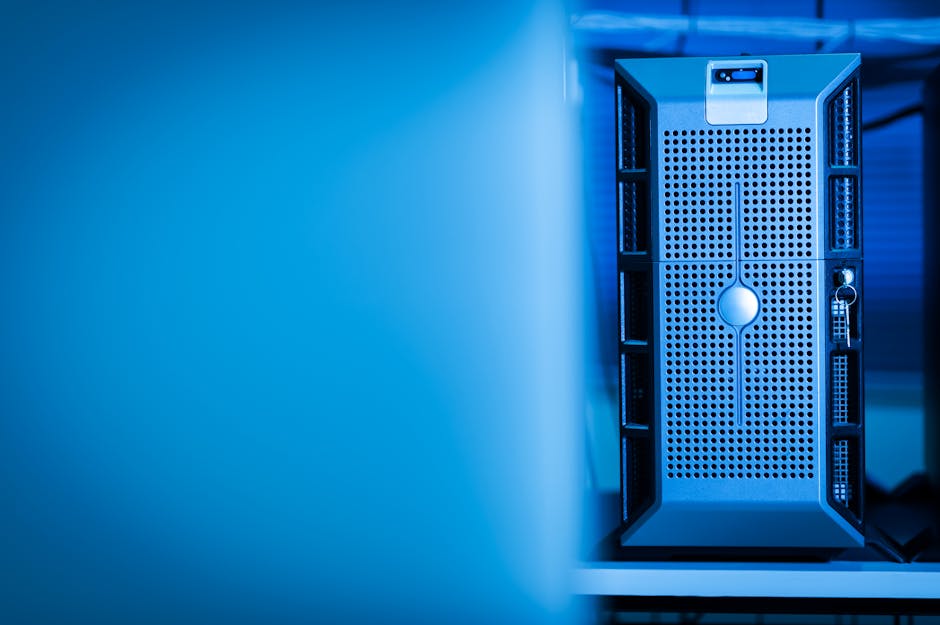
File Permissions and Data Encryption: Ensuring Security and Accessibility in...
July 20, 2023
Read More
Popular
Latest
The Future of Digital Transformation: Exploring Smart Homes, Efficient File...
November 30, 2025
Read More
Exploring the Benefits of Cloud Storage and Innovative Technologies in...
November 26, 2025
Read More
The Future of Technology: Exploring Biohacking, Space Tourism, and Digital...
November 23, 2025
Read More
The Future of File Sharing: Streamlined Workflows for Photographers and...
November 19, 2025
Read More
Exploring the Intersection of Technology: From Cybersecurity to Augmented Reality...
November 16, 2025
Read More
The Future of File Management: Embracing Edge Computing and Efficient...
November 12, 2025
Read More
The Future of File Sharing: Exploring User-Friendly Solutions and Data...
November 5, 2025
Read More
The Future of Cloud Storage: How FileLu Empowers Creative Professionals...
November 2, 2025
Read More
The Future of Autonomous Technologies: Innovations in Robotics, File Sharing,...
October 29, 2025
Read More
Emerging Technologies Revolutionizing File Management: From Li-Fi to Robust Collaboration...
October 26, 2025
Read More
Emerging Technologies: Exploring the Impact of File Access Auditing, Genetic...
October 19, 2025
Read More
The Future of Data Storage: Exploring Advanced Encryption, Mobile Integration,...
October 5, 2025
Read More
Exploring the Future of Data Management: Security, Efficiency, and Cognitive...
September 28, 2025
Read More
Revolutionizing Data Management: Innovations in Storage, Security, and Sustainable Technology.
September 24, 2025
Read More

